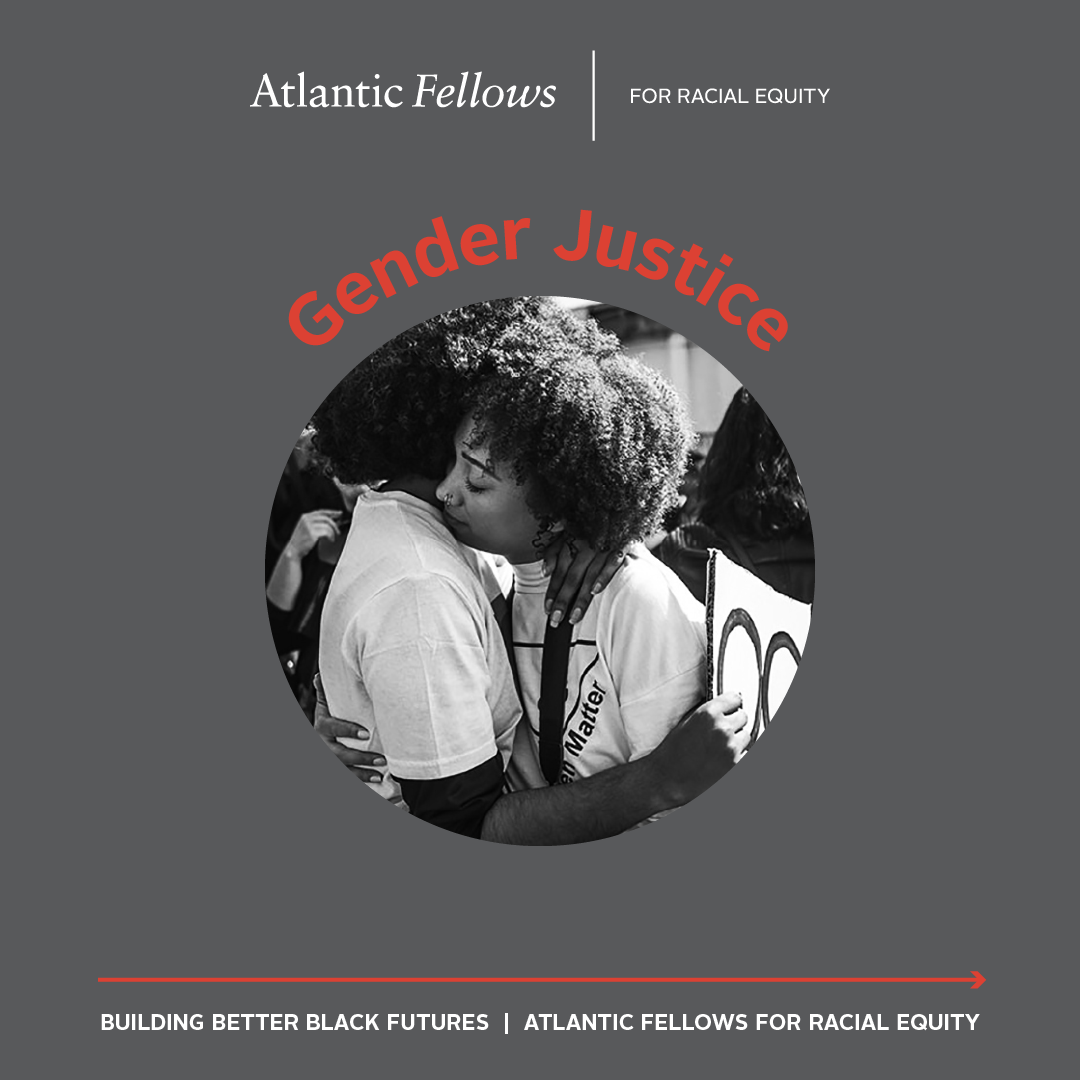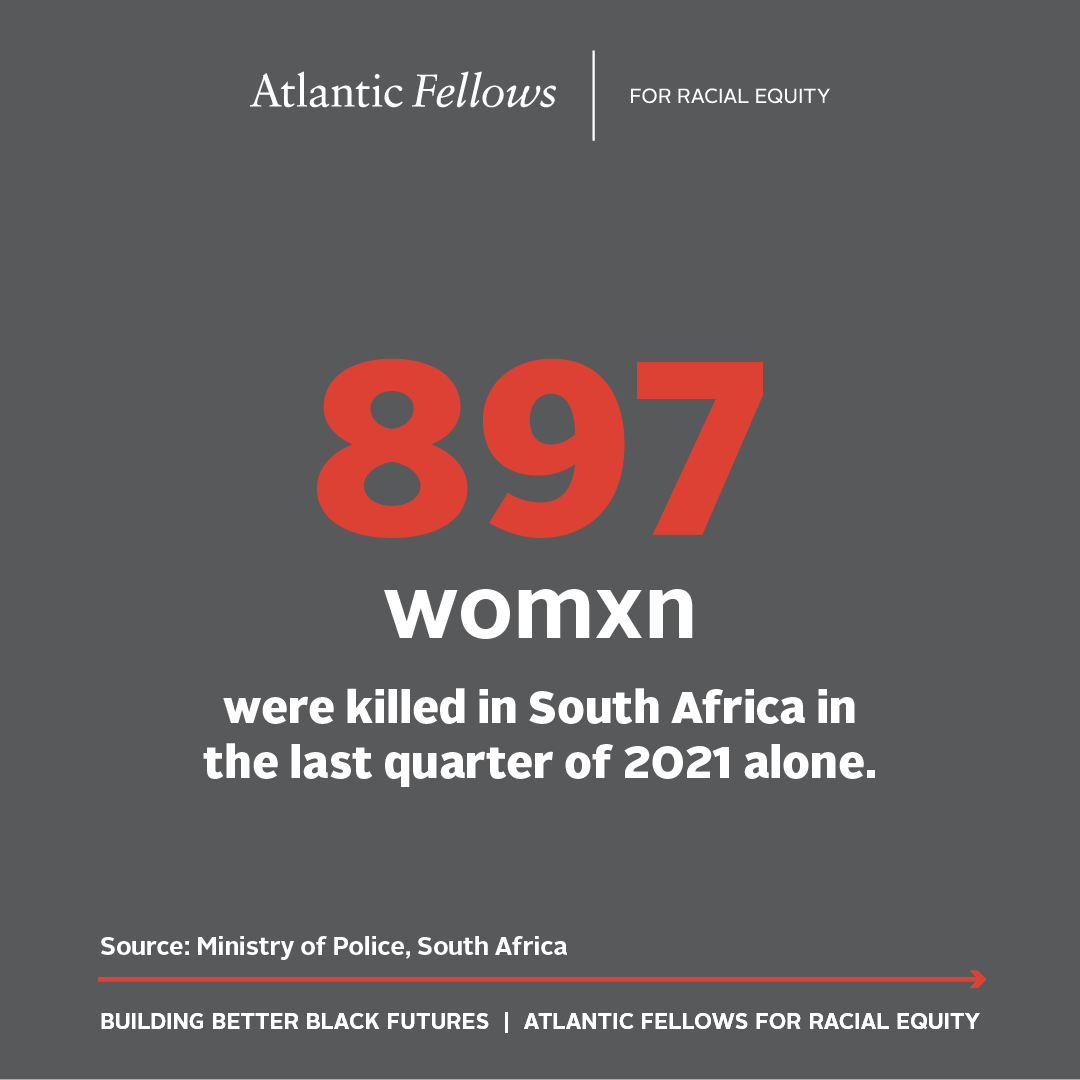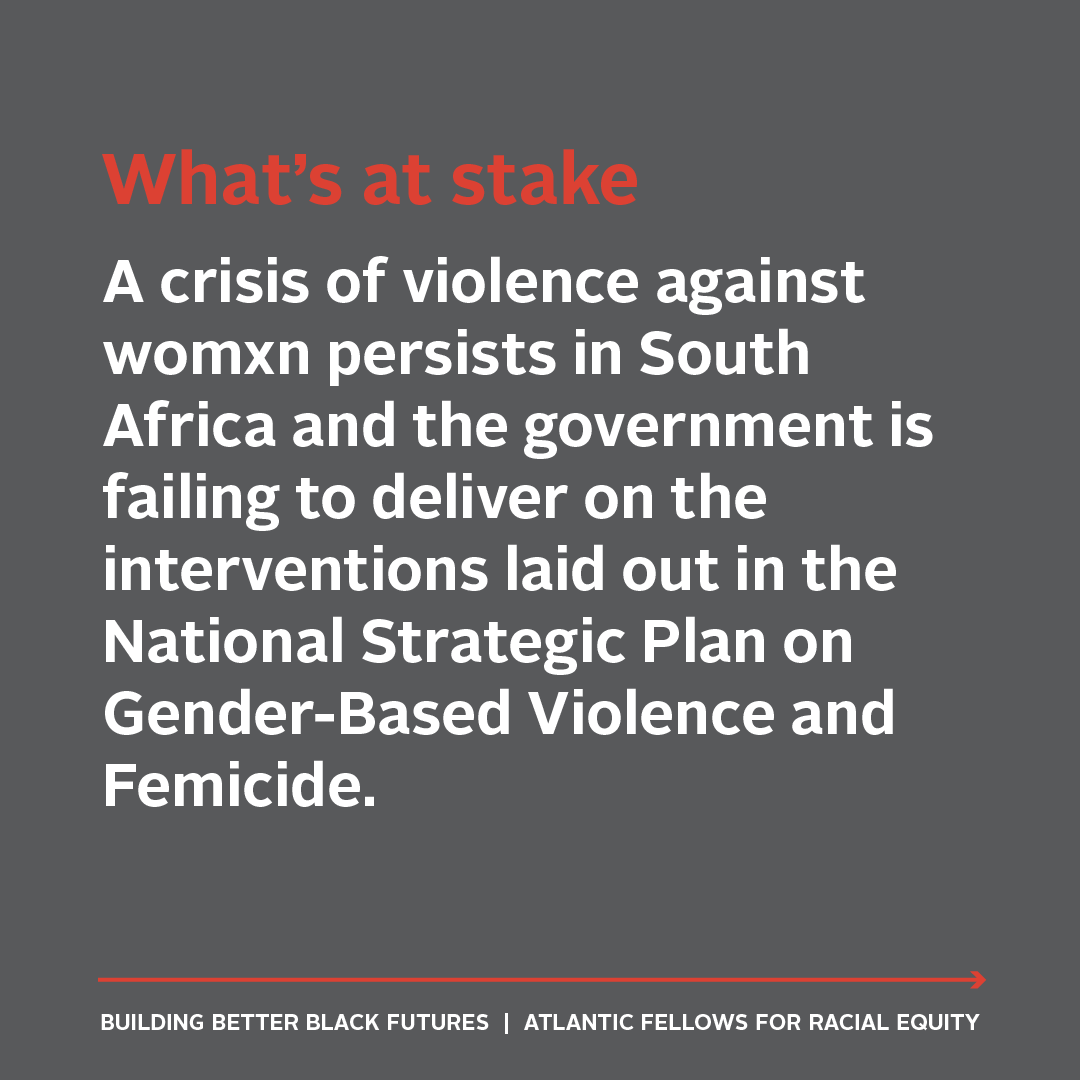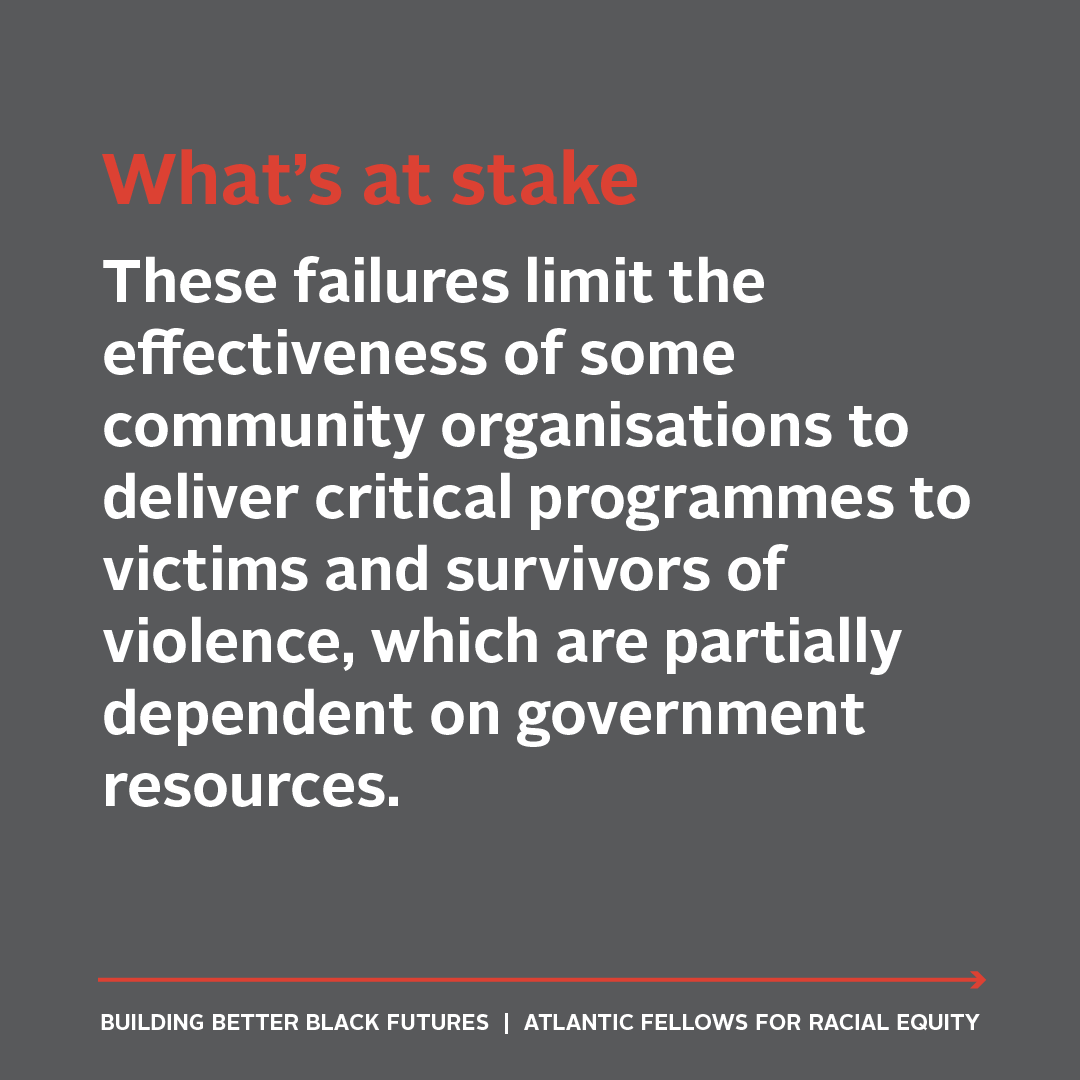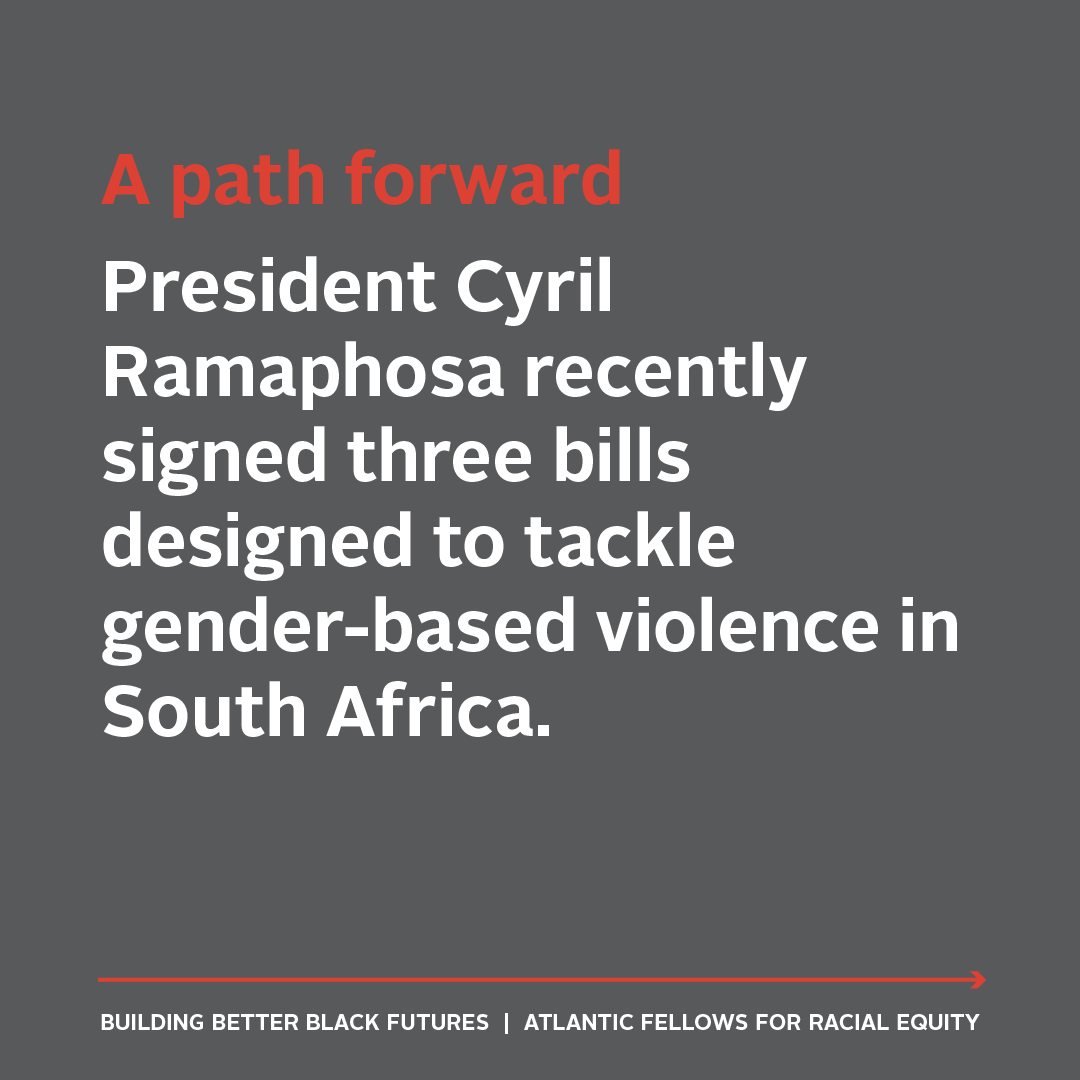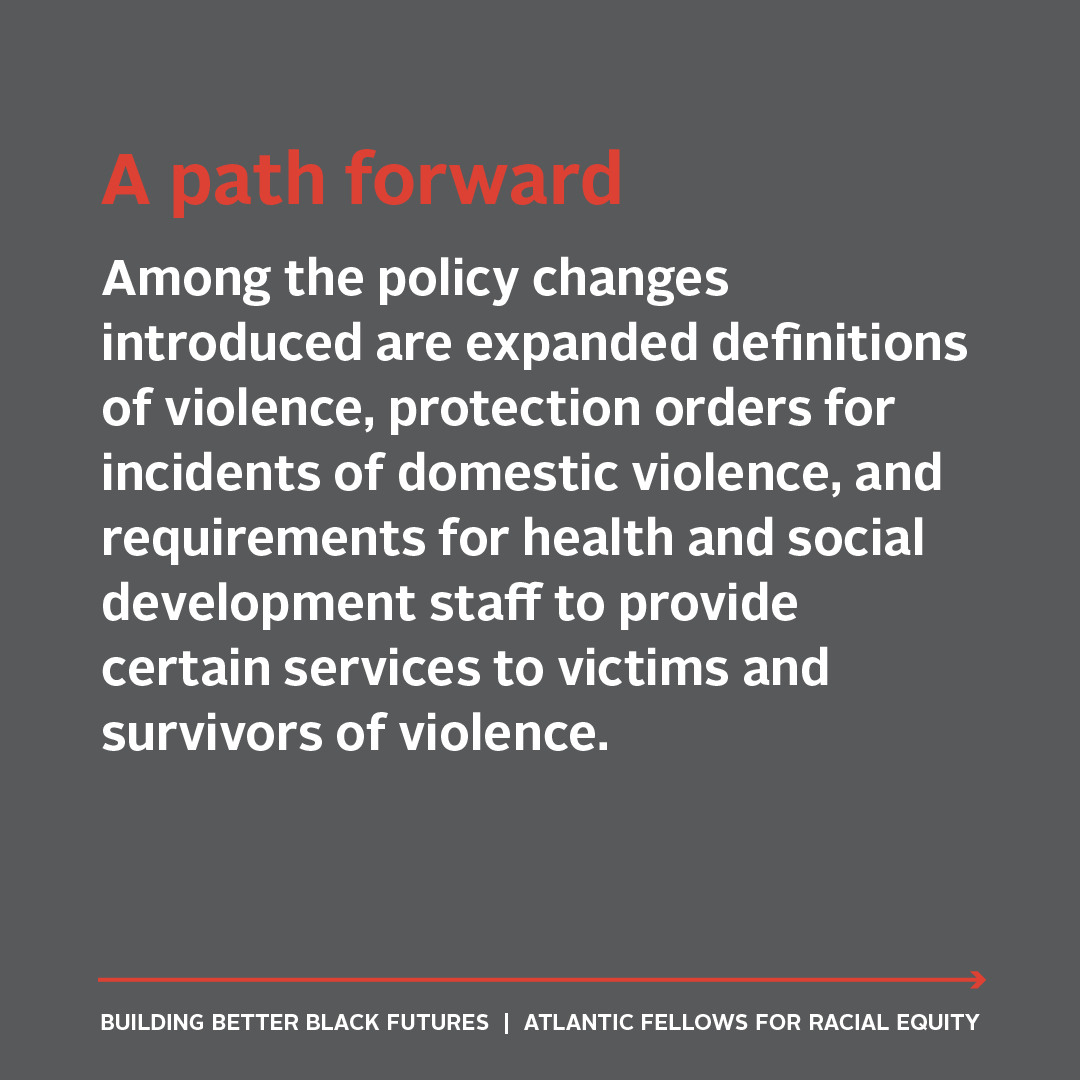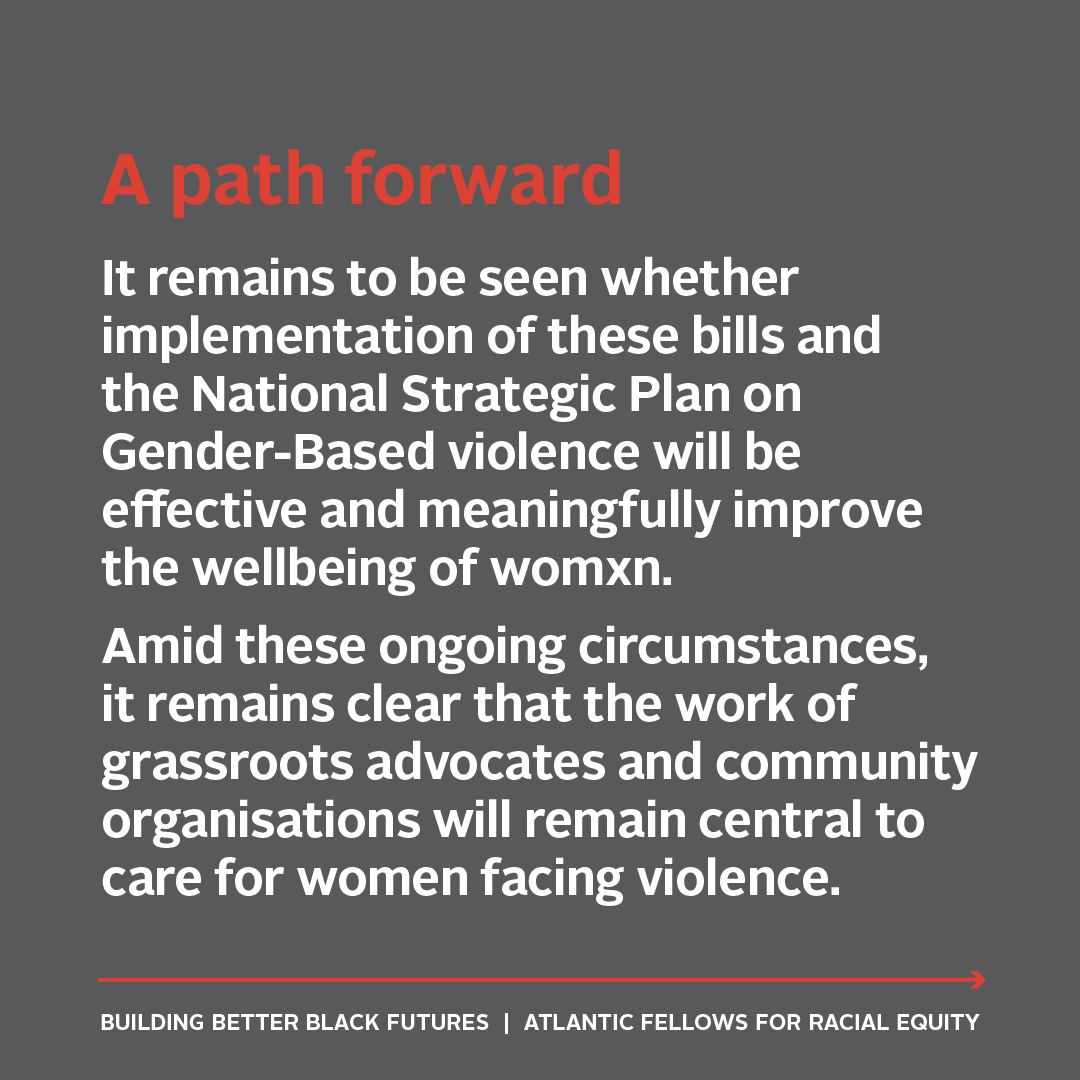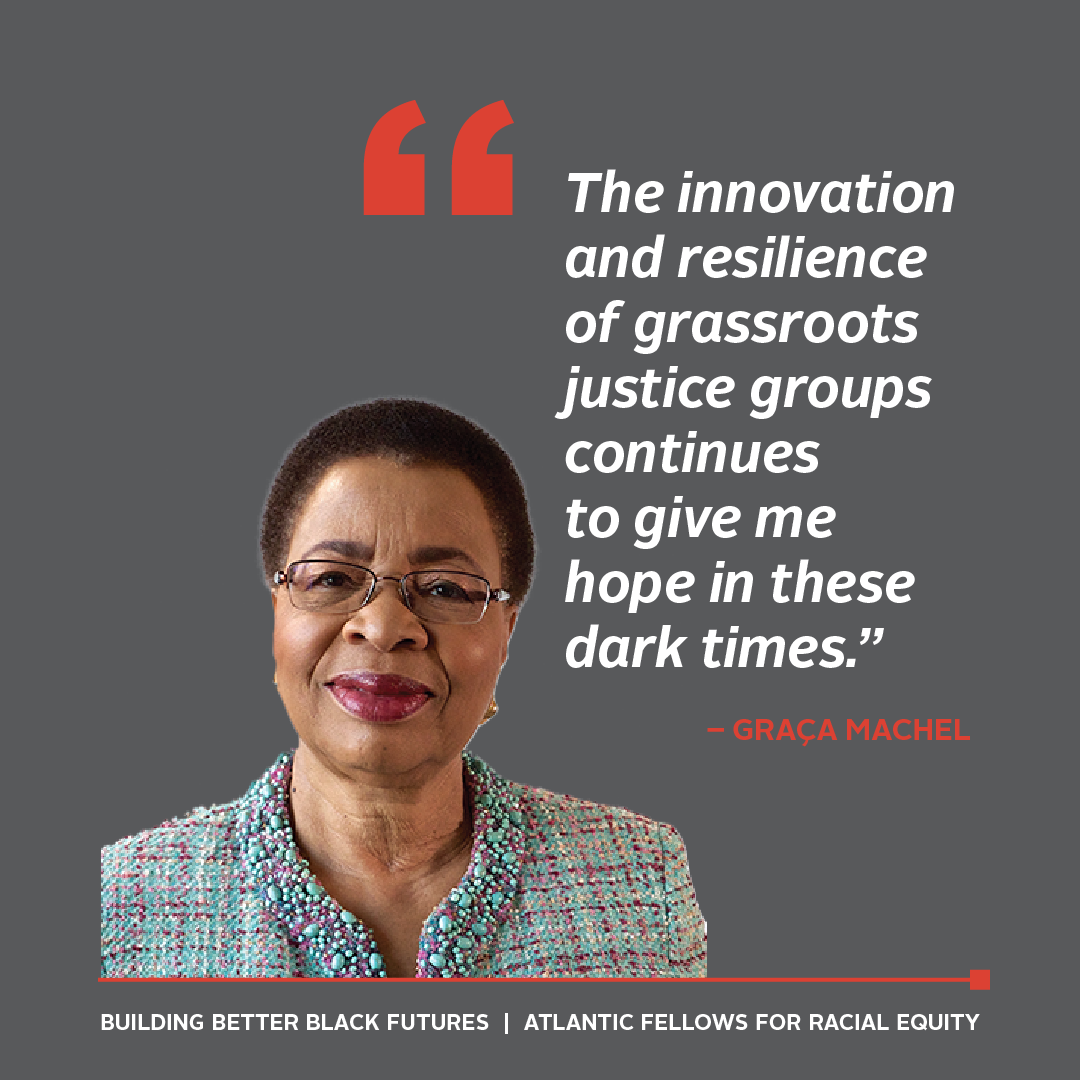Justice for South Africa’s Womxn
Across South Africa, gender-based violence continues to threaten the wellbeing and lives of women and feminine-presenting people. Despite guarantees in a National Strategic Plan on Gender-Based Violence and Femicide, community organisations that support victims and survivors of violence report that government institutions have failed to provide urgent funding that would allow them to effectively deliver programmes.
Amid these governmental failures, the ministry of police released new sobering data: 897 women were murdered in the last quarter of 2021, an increases of 7.7 from the same quarter in 2020. Incidents of sexual violence also increased by 7 percent from the previous year.
Kelly Stone, a policy analyst at the Institute for Security Studies, notes that similar front line realities may bog down implementation of three bills that were recently signed by President Ramaphosa to tackle gender-based violence. Among the policy changes introduced are expanded definitions of violence to include 'controlling behaviour' and 'coercive behaviour'; protection orders for incidents of domestic violence; and requirements for the staff of departments of health and social development to provide certain services to victims and survivors of violence.
Given their newness, the effectiveness of these policies at mitigating violence remains to be seen.
Beyond legislation, activists believe that change efforts must engage with the full scope of women's lives far beyond moments of threat or aftermath of physical violence. Development economist and feminist Phelisa Nkomo tells New Frame: “It is economic violence that women often work in jobs where they never gain any benefits... It is economic violence that it falls to women to come up with the food for children when there is no food at home.”
Crucially she argues, efforts to make sense of, mitigate and eradicate this violence must engage with the dynamics of race, class and spatial location. For instance, working-class women who work in the informal sector face gender-based violence from police and others.
In the U.S. gender justice also interlocks with economic justice. A recent jobs report show that Black women have seen the greatest long-term job losses since the start of the COVID-19 pandemic. Analysts argue that this pattern is the result of overlapping impacts of racism and sexism that have caused Black women to be concentrated in industries marked by precarious employment such as office and administrative support, health care support, and sales.
Ultimately the wellbeing of Black women and women of colour in South Africa and the U.S. requires that policymakers institute policies to eradicate gender-based violence and to foster their economic health.
Learn more:
SA Bills to tackle gender based violence; Sonke Gender Justice; New Frame series spotlighting on-the-ground efforts, led by women activists to tackle gender-based violence (all linked on journalist Anna Majavu’s writer page)
Lead image originally published by the Office of Commissioner Human Rights (UN Human Rights).
This piece is part of our 2022 Policy Slate for Racially Equitable Futures. Click here to visit the summary page and explore other issues.


